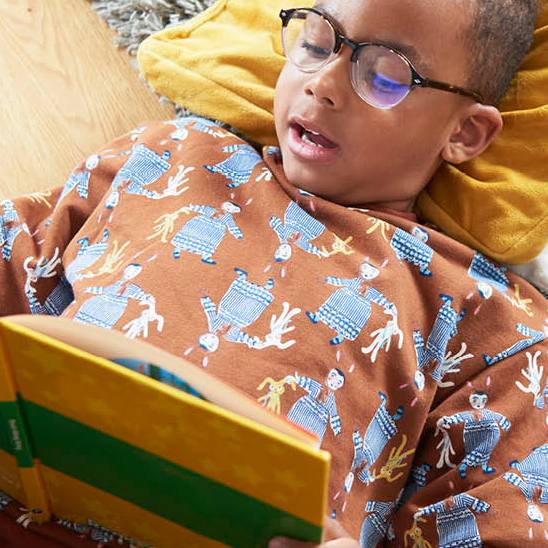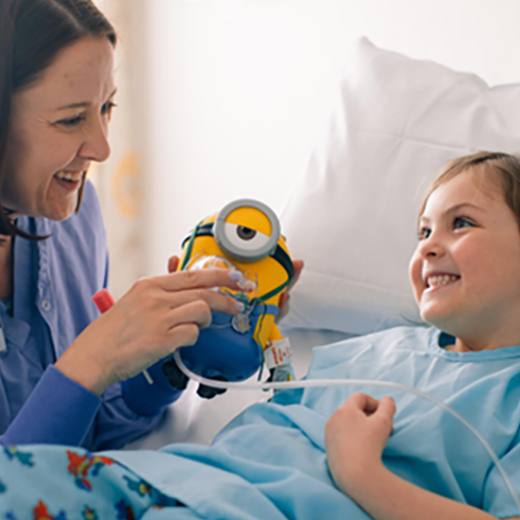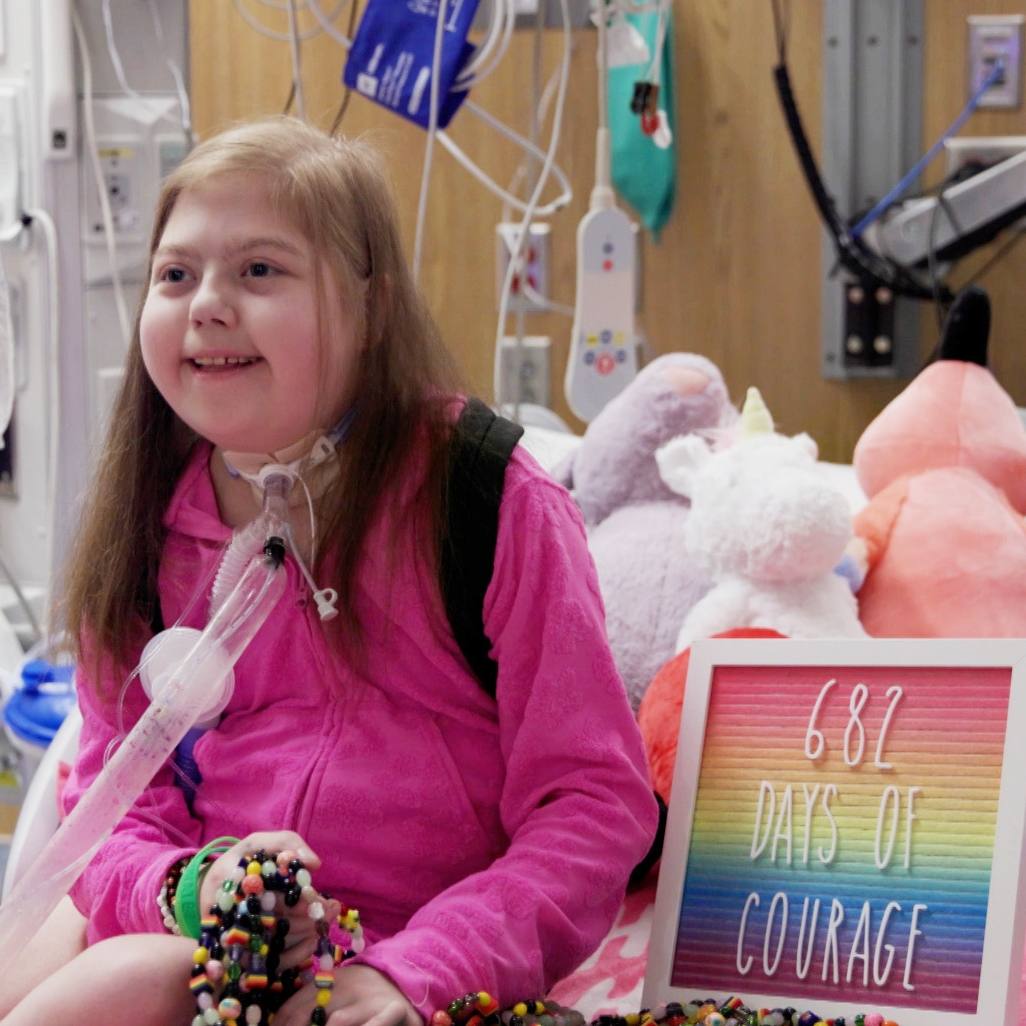-
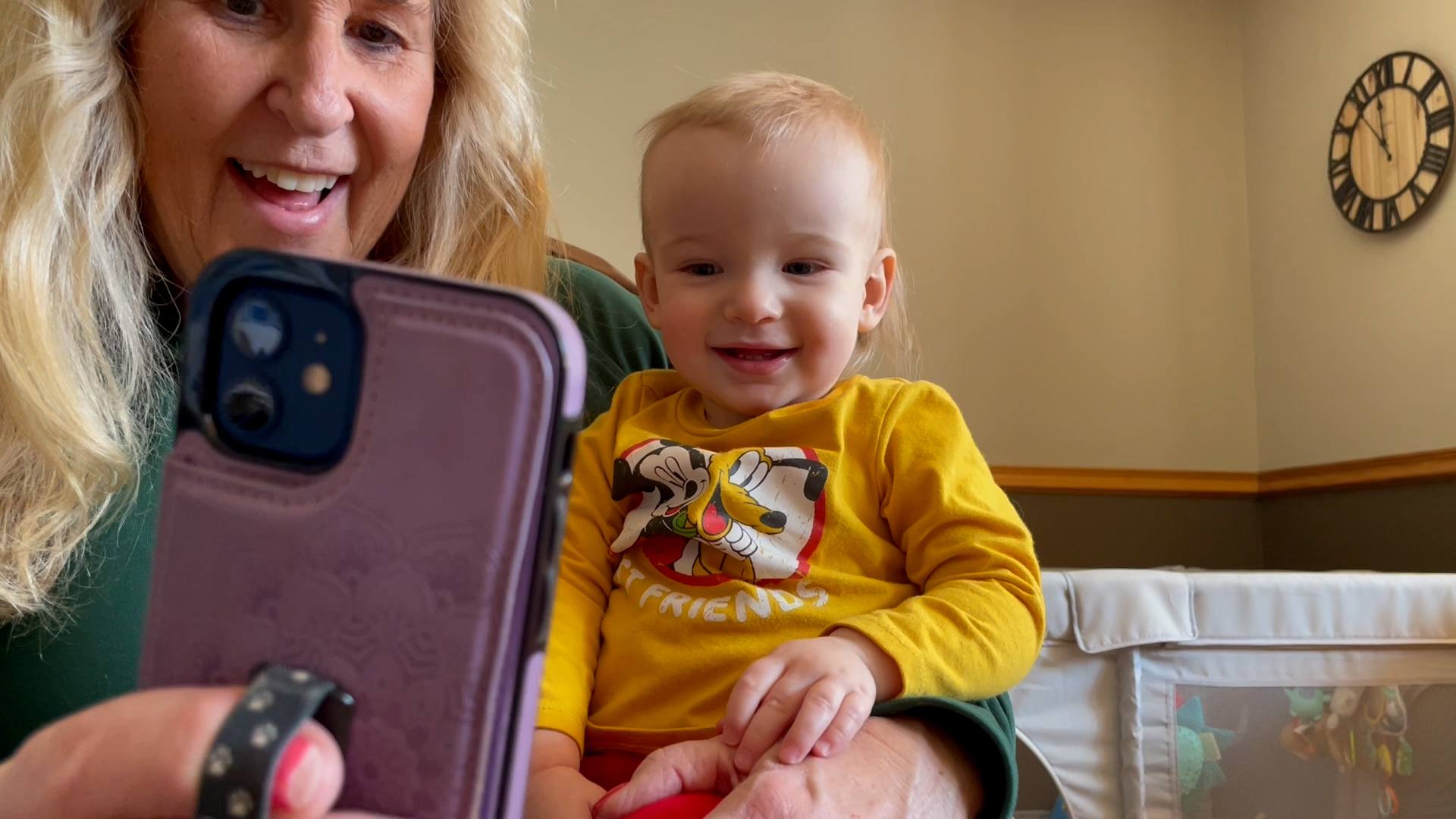 Mayo Clinic Children's
Mayo Clinic Children'sMayo Clinic Minute: Mayo Clinic expert on screen time do’s and don’ts for your toddler’s brain
The average American toddler spends up to two hours per day in front of a screen, according to the American Academy of Pediatrics (AAP), which has been studying the effect of screen time and media on children for decades. And it's not just TV anymore, with smartphones and tablets becoming increasingly ever-present.
In this Mayo Clinic Minute, Dr. Nusheen Ameenuddin, a Mayo Clinic pediatrician who is an active member of the AAP, discusses the real effects of screen time on toddlers and if there's a certain amount of screen time that's OK.
Journalists: Broadcast-quality video (1:06) is in the downloads at the end of this post. Please courtesy: "Mayo Clinic News Network." Read the script.
Smartphones, TVs, tablets … screens are everywhere, making it easier than ever for smaller screens to get into smaller hands.
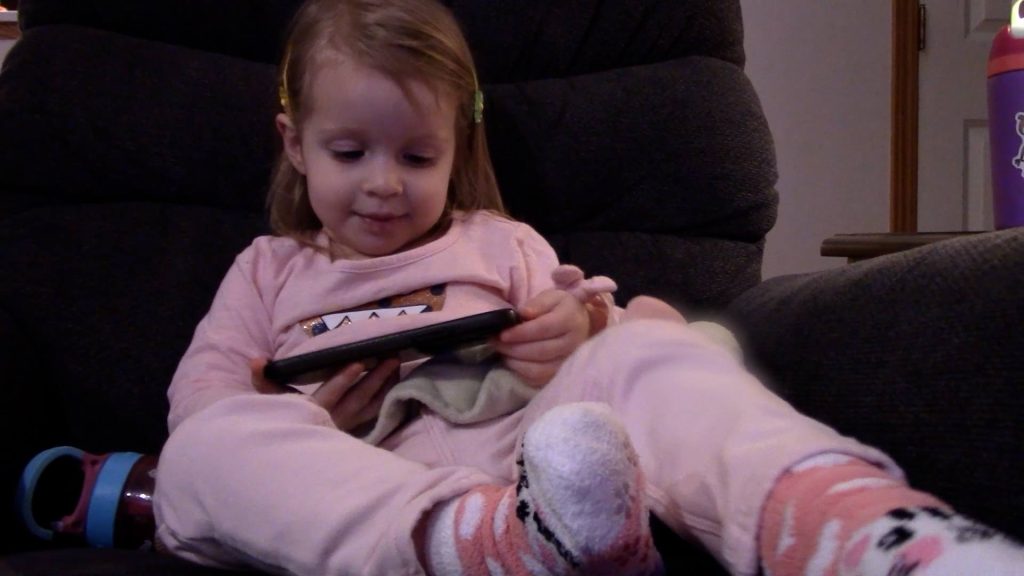
"The main concern that we have with screens and younger children is the fact that screens oftentimes do not provide the same level of educational or interactive back-and-forth input that they need for language development," says Dr. Ameenuddin.
Studies have shown that even supposedly educational content for children under 2 years old can potentially have a detrimental effect on language development and ability to build social skills.
Dr. Ameenuddin says, while there's no strong benefit of technology to kids under 2, there are exceptions to the "no screen time" recommendation.
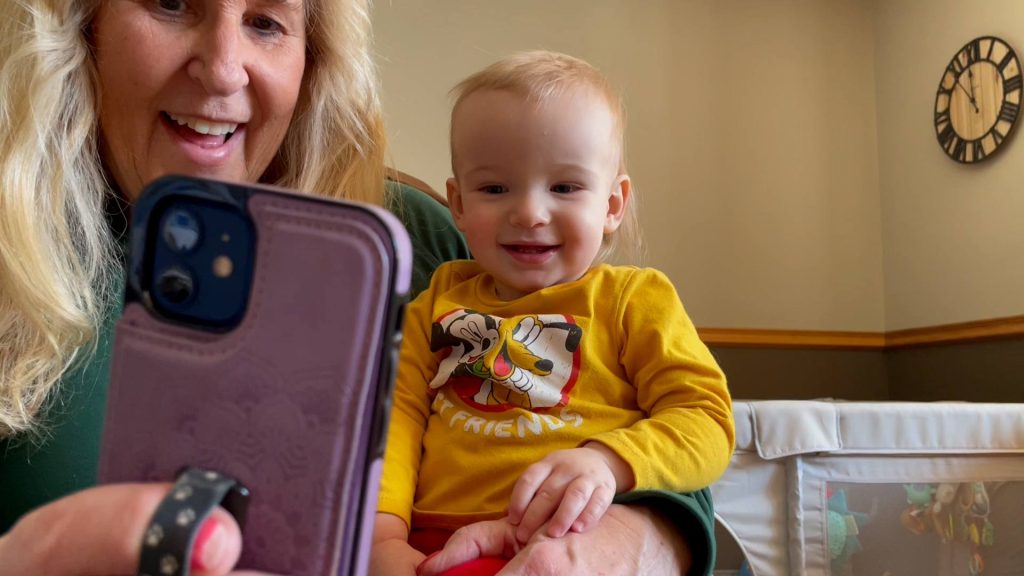
"That doesn't mean that families can't have video chats with relatives. That's just as important for grandparents and other relatives as it is for young children," says Dr. Ameenuddin. "We know that it's hard for parents, and I don't want anyone to feel bad or to feel guilty. I think the best thing to do is just remember that most things, in moderation, are OK."
Related Articles
